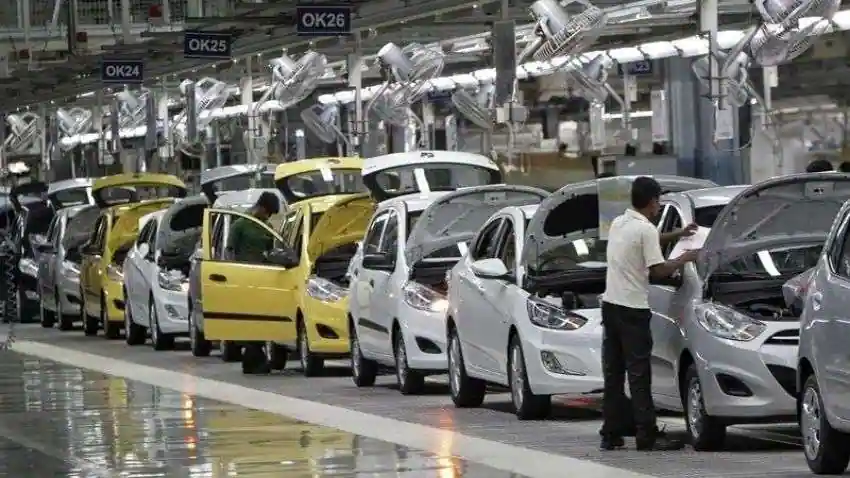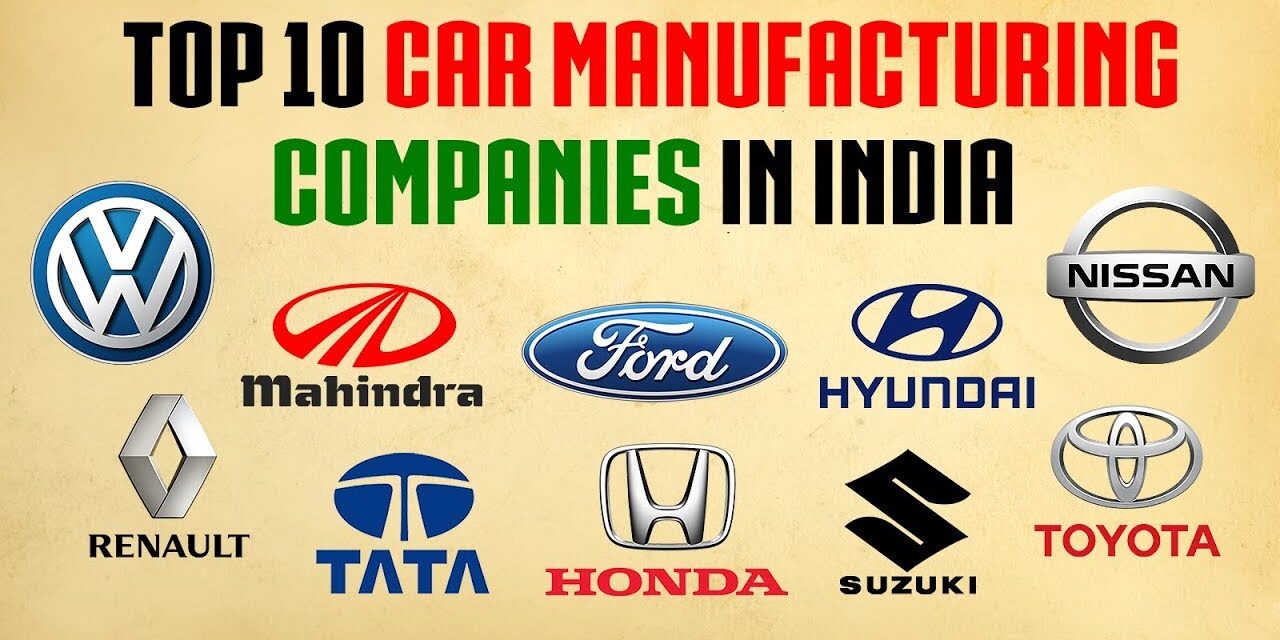Major carmakers in India face the risk of paying cumulative penalties between Rs 3,600 crore and Rs 5,800 crore for failing to meet the government-prescribed fuel economy standards by April this year, according to Government sources
Under Corporate Average Fuel Economy (CAFE), penalties will be imposed on a manufacturer’s entire fleet. Experts say most carmakers are likely to exceed the targeted score.
However Maruti Suzuki, Tata Motors and MG motor are likely to escape the penalties prescribed under CAFE II norms.
The Energy Conservation Bill, passed by Parliament last month, suggests imposing a fine of Rs 25,000 per unit if a carmaker’s fleet CO2 emission surpasses the targeted CAFE score by 0-4.7 gram per km. If this score exceeds by more than 4.7 gram per km, the fine imposed rises to Rs 50,000.
CAFE scores are designed to encourage carmakers to focus on technologies that reduce CO2 emissions.

This can be done by either increasing the sale of electric and hybrid vehicles or by using regenerative braking, start-stop system, tyre pressure monitoring system, and six or more speed transmissions.
The weight of a car is directly proportional to its CO2 emission.
“The Maruti Suzuki fleet has the least CO2 emission amongst all passenger vehicle manufacturers in India. Even for CAFE second phase of 2022-23, Maruti Suzuki is better positioned than the target.
“This has been possible because we are deploying multiple technologies for decarbonisation in our cars,” Rahul Bhatia, Maruti Suzuki’s executive officer, Corporate Affairs, told media
Tata Motors, too, is expected to score well due to a good mix of electric and CNG vehicles in its portfolio. An MG spokesperson said the company was “very well placed” due to its EV sales, the report added.









